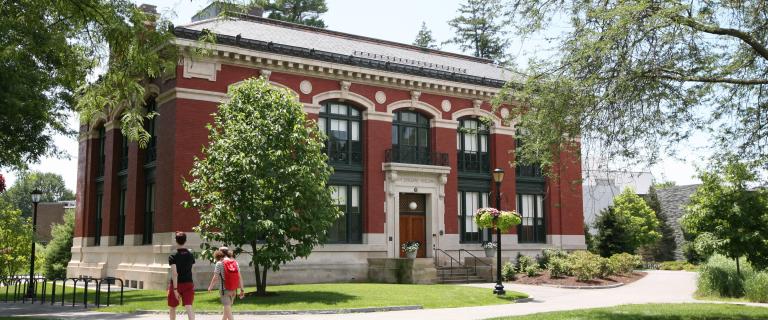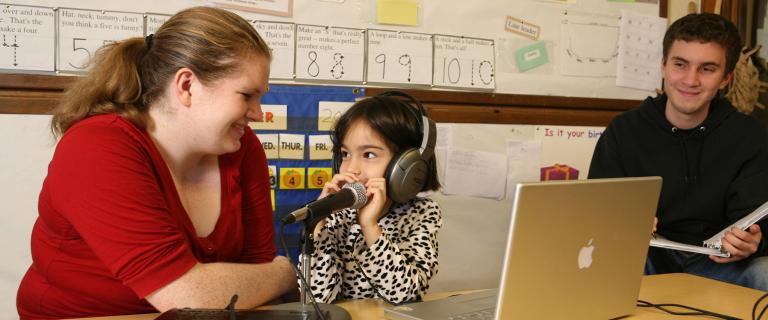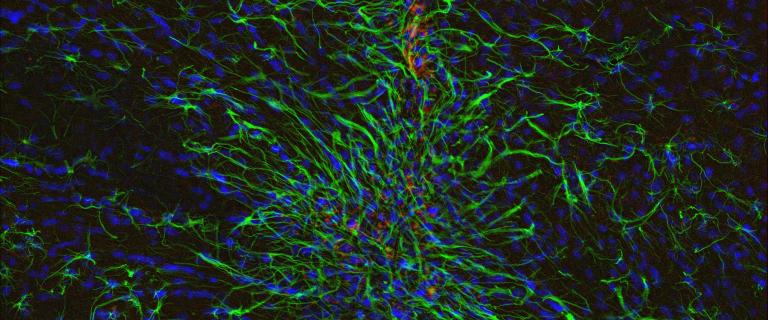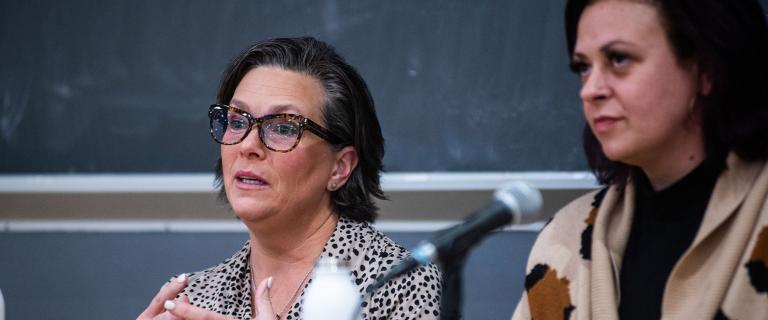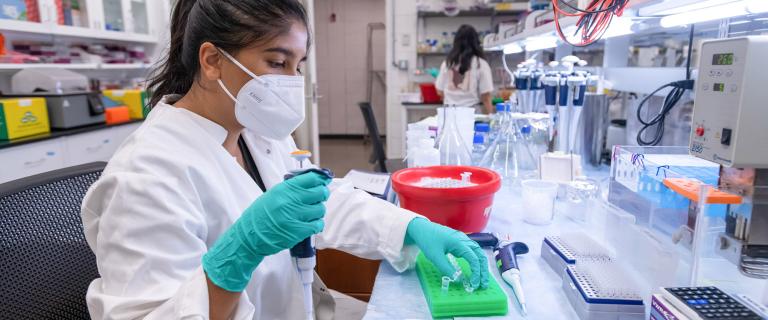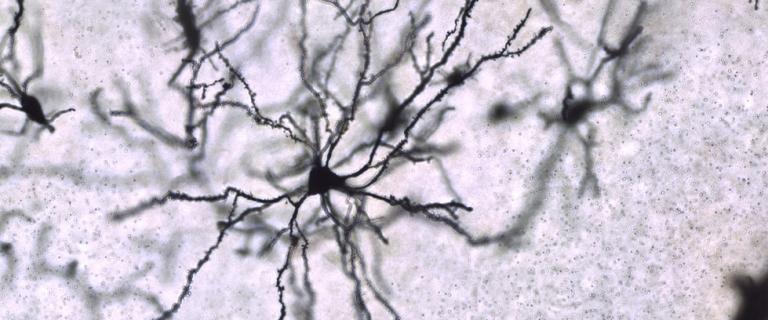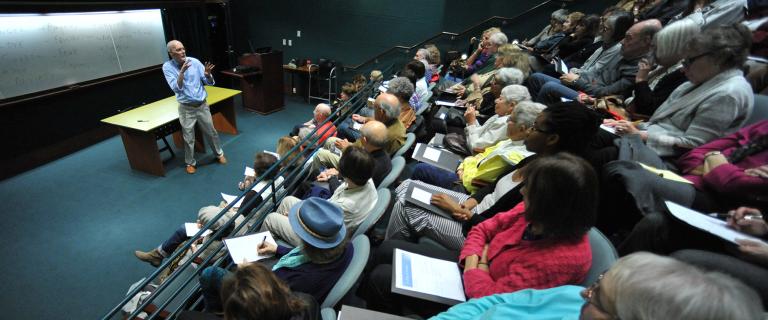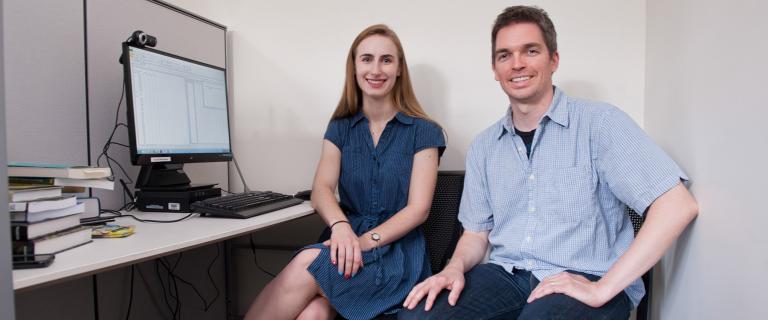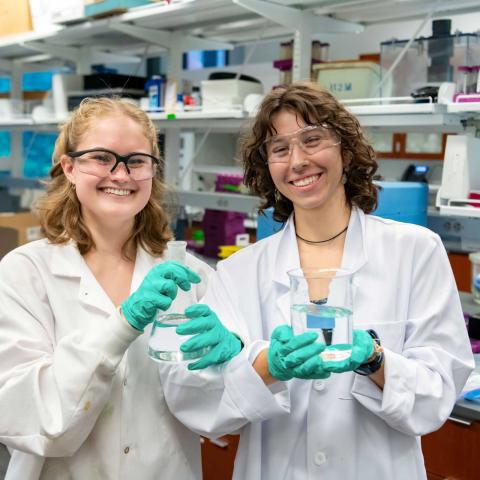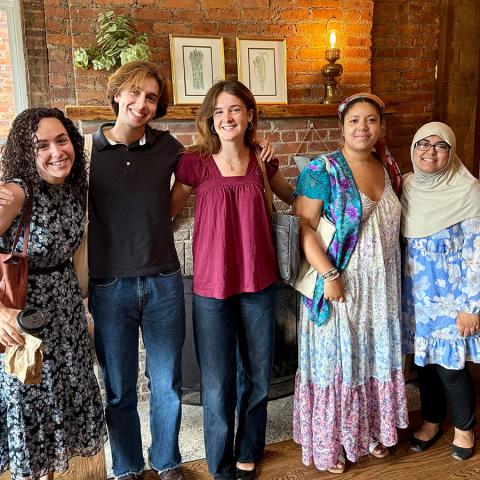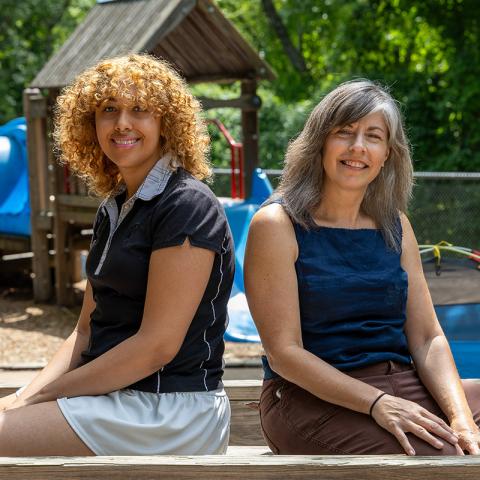The field of psychology can be defined as the scientific study of behavior, mental processes, and their physiological underpinnings.
The Psychological Science curriculum at Vassar is extraordinarily broad and deep, supported by a faculty whose areas of expertise encompass the full spectrum of academic psychology—cognition and perception, social and personality theory; developmental, experimental, behavioral, and clinical psychology, statistical methodology, and experimental design; health psychology; individual differences; cross-cultural psychology; sports psychology; and genetic and comparative psychology. Members of the department are also actively involved in the Program in Neuroscience and Behavior, an interdisciplinary program that applies the perspectives and research methodologies of biology and psychology to the study of the brain and behavior.
At all levels, students have opportunities to work closely with faculty on significant research. Some current areas of faculty research include positive emotions and coping, psychology in the law, brain development and behavior in adolescence, personality disorders and interpersonal processes, behavioral neuroendocrinology and gene expression, and knowledge and cognition in humans and artificial agents, to name a few.
The department is headquartered in New England Building, recently renovated from the studs out as part of the college’s Integrated Science Initiative. The newly designed space includes state-of-the-art laboratories for research in physiology, neurochemistry, and experimental learning, as well as an electrophysiology suite and observation/testing suites with sophisticated audio and video recording equipment for the study of personality and social behavior.
